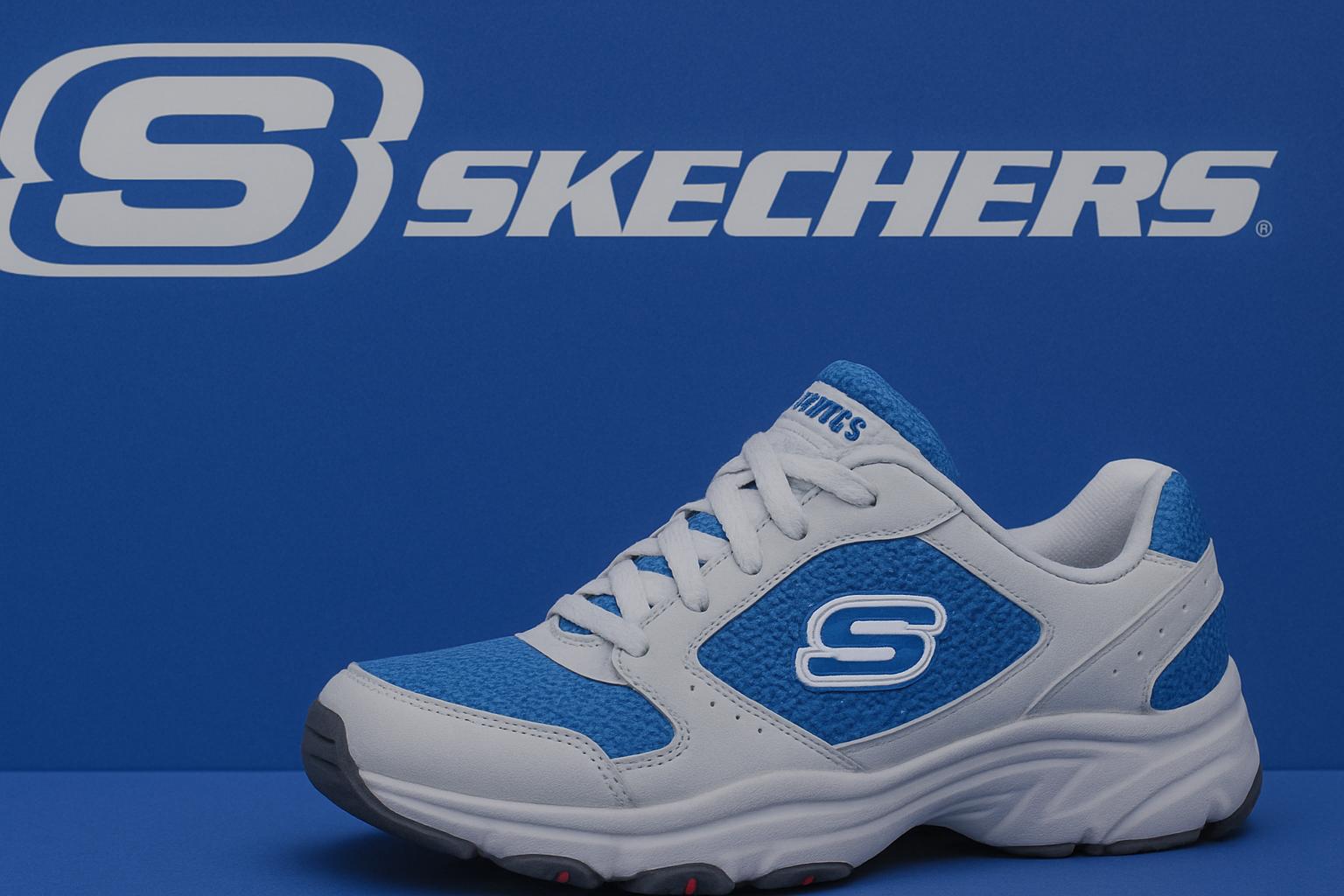Skechers U.S.A., Inc. (NYSE: SKX) has announced a landmark $9.4 billion acquisition by investment firm 3G Capital, marking its transition to a privately held company. The deal, set to reshape the footwear giant’s future, will lead to its delisting from the New York Stock Exchange. Here are five critical details shareholders and investors need to know:
Table of Contents
1. Acquisition Triggers Delisting
3G Capital will acquire Skechers for $63.00 per share in cash, a 30% premium over its 15-day average stock price. The transaction, approved unanimously by Skechers’ board, is expected to close in Q3 2025. Post-closure, Skechers’ shares will be delisted, ending its 30-year run as a publicly traded company. The move reflects a growing trend of firms opting for private ownership to avoid public market pressures.
2. Shareholder Options: Cash or Equity in a Private Entity
Shareholders have two payment options:
- $63.00 per share in cash (immediate liquidity).
- $57.00 in cash + one unlisted, non-transferable equity unit in the new private parent company.
Notably, founder Robert Greenberg and family have committed to the mixed payment, signaling confidence in Skechers’ private future. However, the equity units lack liquidity, meaning shareholders cannot trade them publicly—a key consideration for investors seeking flexibility.
3. Leadership and Strategy Remain Unchanged
Skechers will continue under CEO Robert Greenberg and its current management team, with headquarters staying in Manhattan Beach, California. The company plans to maintain its focus on international expansion, direct-to-consumer growth, and innovation. Going private may allow Skechers to pursue long-term strategies without quarterly earnings scrutiny, potentially accelerating initiatives like global distribution and technology investments.
4. Strong Financials and Deal Rationale
Skechers reported record 2024 revenue of $9 billion ($640 million net earnings), underscoring its robust market position. The acquisition at a premium suggests 3G Capital sees untapped value, possibly in Skechers’ 15% revenue exposure to China and its wholesale growth potential. Delisting could provide operational flexibility amid challenges like U.S. tariffs (not addressed in the release) and shifting trade dynamics.
5. Navigating Risks as a Private Company
While privatization offers advantages, Skechers faces external headwinds:
- Trump-era tariffs impacting shoemaking costs.
- Dependence on China for 15% of revenue (per FactSet).
As a private entity, Skechers may mitigate these risks through strategic adjustments away from public scrutiny. However, shareholders opting for equity units must trust management’s ability to navigate these challenges without the transparency of public reporting.
Key Takeaways
- Skechers’ stock surged 25% pre-market to $61.78 following the announcement.
- The deal underscores confidence in the brand’s resilience and growth prospects.
- Shareholders must decide between immediate cash or illiquid equity by the Q3 2025 closure.
As Skechers transitions to private ownership, stakeholders should weigh liquidity needs against long-term faith in the company’s vision. For the broader market, this acquisition highlights the evolving landscape where firms increasingly seek refuge from public market volatility.
Disclaimer:
The views and opinions expressed in this article are solely those of the author and are intended for informational purposes only. They do not constitute financial, investment, or trading advice. Any stock price predictions mentioned are purely speculative and based on personal analysis. Past performance is not indicative of future results. Readers are advised to conduct their own research and, if necessary, consult a certified financial advisor before making any investment decisions. The author does not accept any liability for financial losses or gains arising from the use of this content.
What is 3G Capital?
3G Capital is a global private investment firm known for acquiring and managing consumer-focused brands with long-term growth potential. Founded in 2004, it has built a reputation for partnerships with iconic companies, emphasizing operational efficiency, cost discipline, and strategic expansion.

